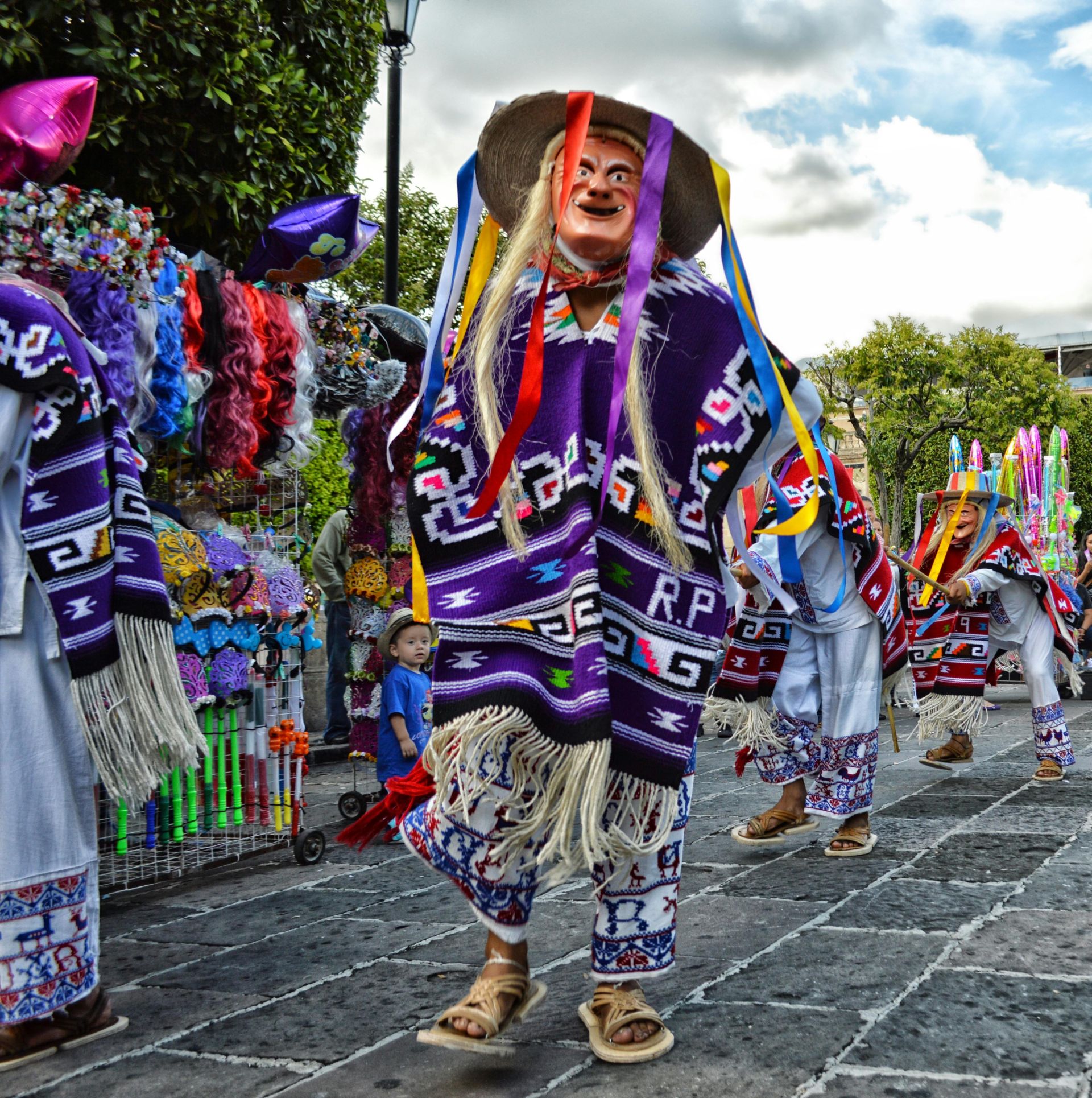
I, along with many others, watched the King’s Speech on the 17th of July 2024, where he marked the opening of the new parliamentary year under a newly elected government. Aside from the subtle agenda by the speechwriters to try once again to restrict our rights and freedoms to educate our children as we see fit, I found myself smiling at all of tradition that is highlighted on occasions such as these.
There are still 7 key traditions remaining in this ceremony, excluding the tradition of a Monarch reading a speech that has very little to do with the monarchy and certainly not anything they have control over. The roots of these traditions are easy to see with most of them having started as an act of self-preservation, either following the gunpowder plot of 1605, or the tensions around the civil war, and others out of reverence for the monarchy.
Some traditions, such as enjoying a family meal, discussing the day or weeks events, upcoming celebrations, or simply bonding over a Sunday roast, should not be forgotten as they are beneficial in so many ways. Traditions can help us form memories, relationships, bonds in ways that nothing else can. Every family has their own traditional ways of celebrating birthdays, festivals, various holidays, and these have been born out of love and a sense of belonging.
Watching the traditions from the King’s speech unfold is bemusing and they add to the pomp and pageantry of the day and are pretty harmless, something that cannot be said for other traditions that are thankfully no longer around.
Some of these harmful traditions include medical practices like bloodletting where blood was drawn from patients to treat various illnesses in the belief that it would rid the body of impure fluids. This was based on the theory of humoral balance which we now know was flawed and medical sciences have advanced enough to show that it was more harmful than beneficial.
We should also be grateful that the old traditional method of trial by ordeal is behind us. Can you imagine living in a time where someone’s guilt or innocence was determined by subjecting them to dangerous and panful tests? This was often arbitrary, unreliable, and always cruel. Thankfully, modern justice systems have developed into fairer, more scientific methods of determining guilt and innocence, emphasising due process and the presumption of innocence.
Continuing the theme of law and order, we can be grateful that there is no such thing anymore as public executions as modern society view such spectacles as inhumane and barbaric, and we find it very odd that there was a time when it was an excuse for ‘a good day out’.
It has only been in the last 100 years or so that marriage has been based solely on love, in most societies, rather than being forced to marry within your own social class, race, for political reasons and so on.
Traditional families until fifty or sixty years ago consisted of a working husband and father with a stay-at-home wife and mother. During those times, corporal punishment, both at home and in schools was the norm.
In fact, corporal punishment was meted out at schools until it was abolished in state-supported education in 1986. This prohibition was extended to private schools in England and Wales in 1998, Scotland in 2000, and Northern Ireland in 2003.
Research showed that corporal punishment can be harmful and counterproductive to learning and development, and many, but not all, countries have outlawed it in favour of more constructive and supportive disciplinary methods.
Until Suffrage, it was traditionally accepted that women were inferior in many ways and as such did not enjoy the same rights as men, not even being able to vote as it would distract from their role as homemakers and was too onerous a task for a woman to take on.
Sometimes it is difficult to let go of a tradition, for instance, some families have their big celebrations on Christmas Eve, where others have it on Christmas Day. Neither is wrong, but it difficult to say who is right as it comes down to family traditions.
We live in a time of choices, a time where we are all considered equal, and everyone has rights. We have the right to decide which traditions to keep and which to discard. Many people have exercised their rights to not attend Church every Sunday, and have not been condemned for it, even by those who still go.
Despite this, people find it difficult to understand the desire to pull away from a traditional school setting consisting of a room where children are expected to sit still for hours on end, focusing on one person telling them what they should know.
The traditional school model that we all know was only standardised across the developed world in around 1920, and 100 odd years later, it doesn’t look like it is going to change, despite the rest of the world changing.
Education bureaucracies for the last century have decided on the structure of schools, their locations, organisations, curriculum, testing, staffing, and most importantly, teaching and teacher training regime.
They alone have decided what our children should learn, how they learn it and even how it should be decided on how well they have done. They have been entrusted with influencing the thoughts and actions of our children, sifting out those who they believe should be leaders and who should be followers, and deciding on the beliefs that our children should have.
The same educational bureaucracies are the ones deciding what our children should aspire to, or rather, which pigeonhole they fit into, curbing their creativity and curiosity as there is no room for it in a place designed to disseminate information in an assembly line, mass educqation environment.
In the same way that we exercise our rights, and logic, to decide which traditions are worth holding on to, should we not be deciding whether traditional schooling is still fit for purpose in a rapidly changing world?
The 2020 pandemic showed us that we have the ability and technology to educate our children, to impart knowledge, abilities, expand creativity, and life skills, to their young minds, at a time when it was convenient for schools that we did. Why are we not breaking tradition and continuing to do so?


